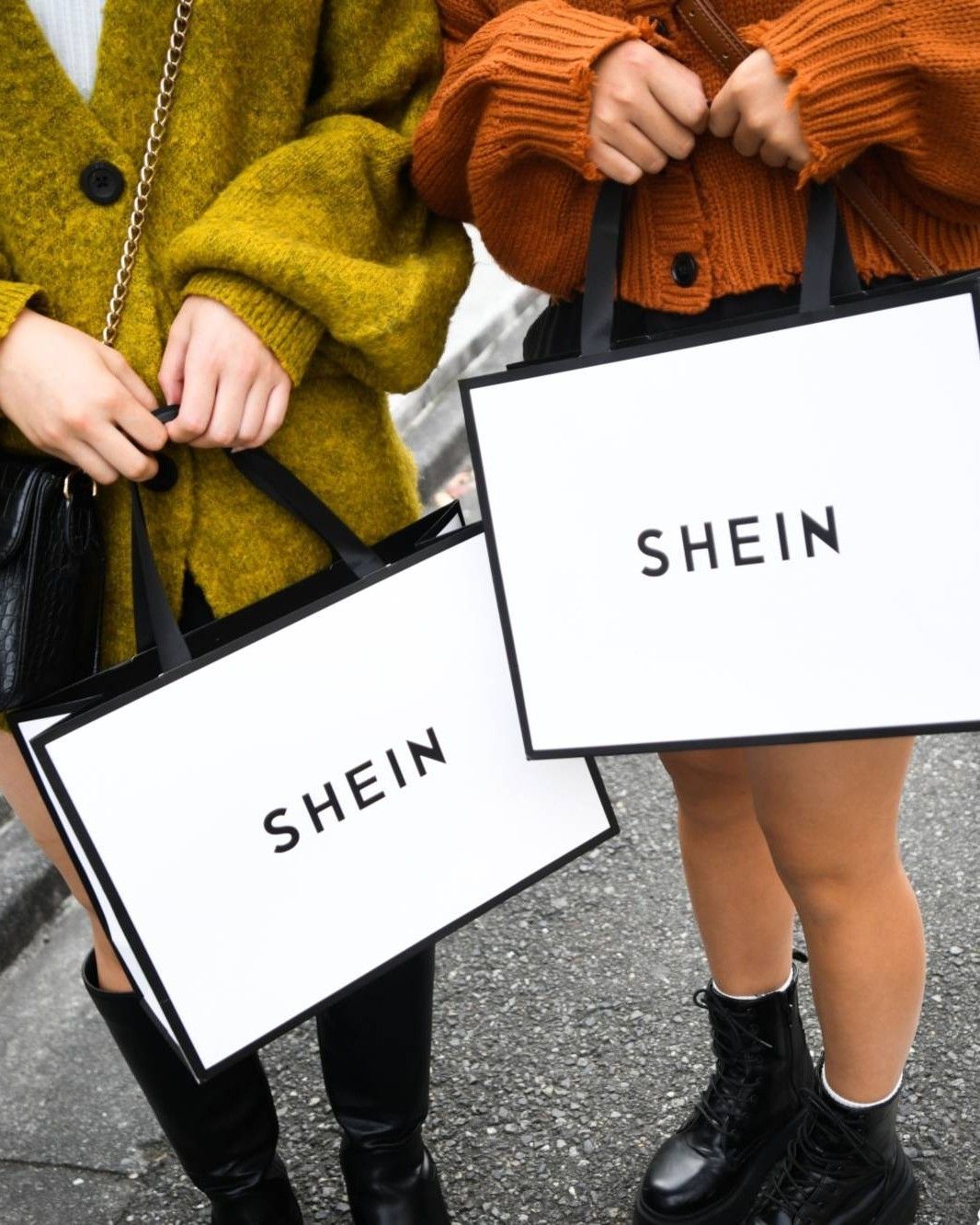
Black Fridray is coming, as is the battle between Shein, Temu and the rest of the merchants Low prices, algorithms and new trends: who will dominate?
We're almost there, Black Friday, the time when everyone frantically scrolls through shopping sites on their phones, filling digital carts rather than tackling physical ones. Shopping mall parking lots are quieter, the shimmering storefronts look duller, while the online space buzzes like a beehive. This year, more than ever, the battle for Black Friday domination is taking place not on shopping streets, but in the algorithms of Shein, Temu, and TikTok Shop. As consumer trends evolve, traditional retailers are struggling to keep up in a world where price, speed, and novelty take precedence over everything else.
The first figures paint a striking picture. Credit card data from Earnest reveals that consumer spending at major U.S. retailers during the first half of November dropped by 1.4% compared to last year, marking the first decline since 2017. Theories abound: are retailers holding off on big promotions until later in the season, now free from pandemic-related delivery issues? Or did Amazon Prime Day in October pull forward purchases, creating a temporary void? But the real giants in the room are Shein, Temu, and TikTok Shop. While traditional brands are seeing stagnant or declining sales, these platforms are thriving, with Shein and Temu posting increases of 16% and 18%, respectively, and TikTok Shop's sales tripling.
@thetotelibrary things i’ll be adding to my black friday wishlist part 1 #blackfriday2024 #blackfridaywishlist #fallbag #winterbag #packmytotebagwithme #blackfridaydeals #totebagaesthetic original sound - The Tote Library
These digital disruptors are thriving by combining ultra-low prices, flash trends, and a gamified shopping experience. Their rise has fundamentally reshaped the retail landscape, capturing 21% of holiday sales, a share that has doubled since 2016. Meanwhile, traditional retailers like T.J. Maxx and Walmart, who focus heavily on competitive pricing, remain some of the few traditional players with optimistic holiday forecasts. Black Friday, historically a pillar for retail recovery, now forces brands into a precarious balancing act. They can lower prices to attract customers but risk devaluing their brand image and cutting into profits, especially in a context where Temu's rock-bottom prices are unbeatable. However, amidst this turmoil, some retailers are finding ways to adapt. Abercrombie & Fitch, for example, has managed to attract younger consumers, marking one of the few increases in full-price fashion sales in early November. Victoria’s Secret, buoyed by the success of its redesigned fashion show in October, also saw a sales boost. Gap, although seeing a 6% drop in sales in November, is focusing on innovation and quality to reverse the trend. Its CashSoft line, a cotton-polyester blend designed to mimic cashmere, offers an appealing compromise: the feel of luxury at a price comparable to Shein or Temu, without sacrificing trust in quality.
As the season progresses, the stakes for traditional retailers are higher than ever. The rise of Shein, Temu, and similar platforms is not a temporary trend; it’s a complete shift in consumer behavior. For some shoppers, the thrill of finding a haul of ultra-cheap items on Temu will always win out. But for those seeking reliability, innovation, and a touch of holiday magic, brands like Gap still seem poised to play their part. In this great Black Friday showdown, one thing is clear: the battle for the future of retail is no longer about who offers the deepest discounts, but who can best redefine value in a new era of consumption.














































